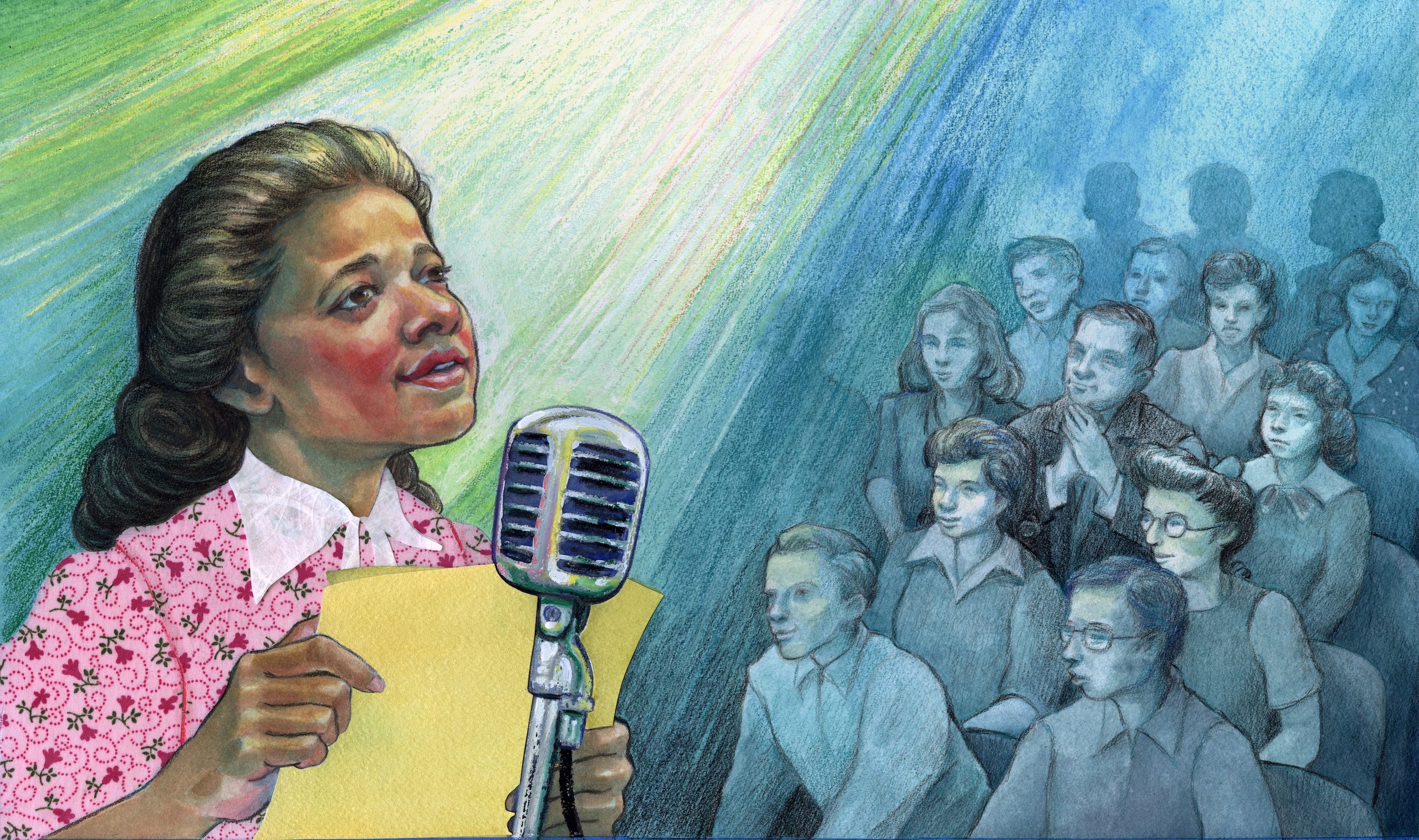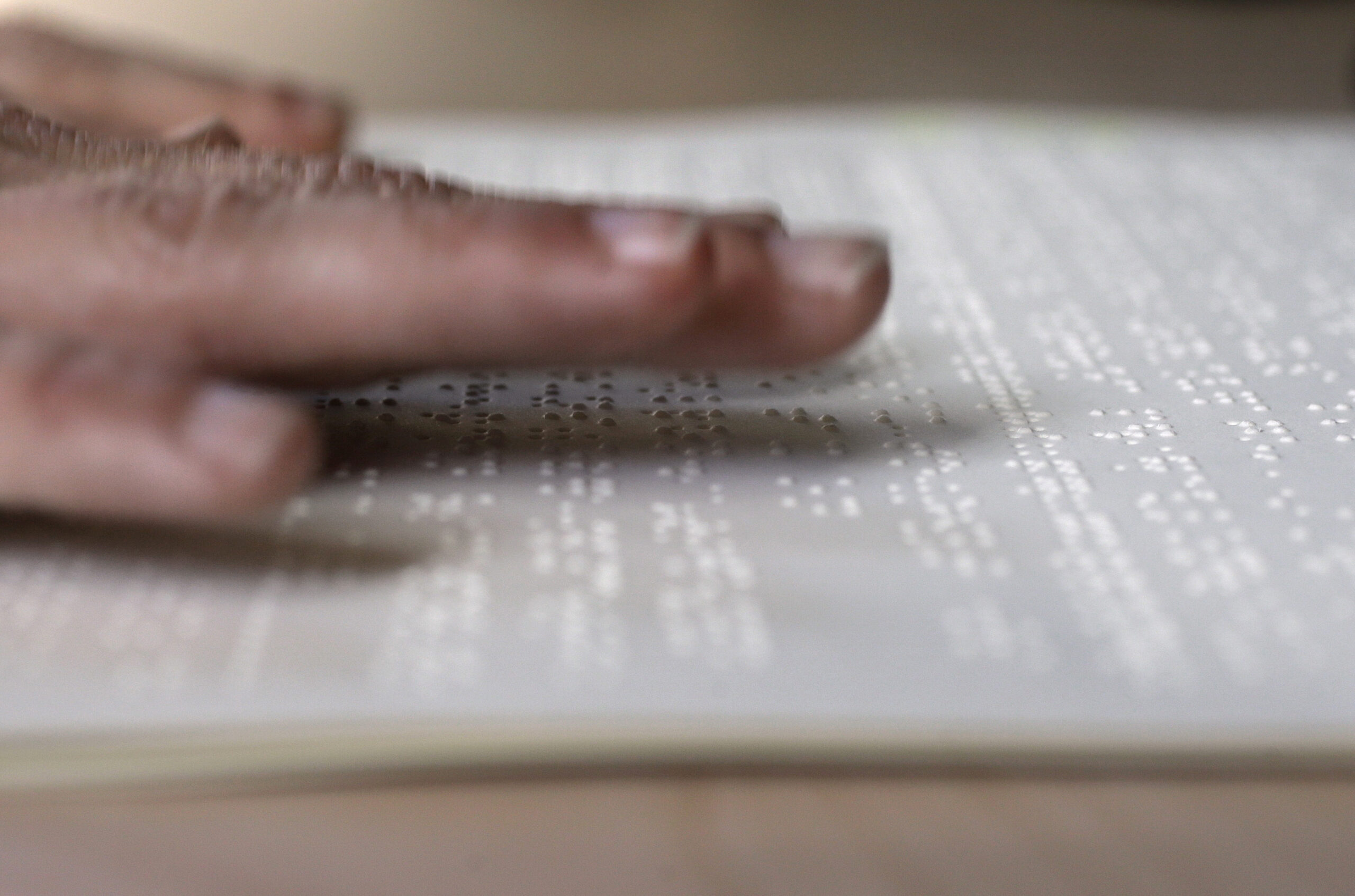Every year on the winter solstice, writer Helen Macdonald (“H Is For Hawk”) and a group of friends get together and read Susan Cooper’s 1973 novel “The Dark is Rising.” It’s a young adult fantasy in the same vein as Harry Potter — a young boy discovers that he has magical powers — but for Macdonald, the book’s beautiful portrayal of everyday life, as well as magic, makes it resonate into adulthood.
Macdonald calls it “one of the most beautifully written fantasy books” she has ever come across.
“The Dark Is Rising” opens on Will Stanton’s 11th birthday, a few days before Christmas. A foot of snow has fallen on his small English village in the night. While his family sleeps, Will steps outside and into another time, beginning his magical awakening and rise to power as the last of the Old Ones, charged with serving the Light in the ancient war against the Dark.
Stay informed on the latest news
Sign up for WPR’s email newsletter.
Even though the book is full of magical signs, Things of Power, and other “really cool things that you find in fantasy books,” Macdonald said the strength of “The Dark Is Rising” is its sense of place. She said the book “made the English landscape sing for me as a child. It’s full of snowy woods, it’s full of Arthurian legend, it’s full of Anglo-Saxon myths, it’s full of everyday life.”
The evocation an English landscape saturated with myth and history is a central element of Macdonald’s own writing as well. In “H is for Hawk,” her recent and much-celebrated memoir about losing her father and training a goshawk, MacDonald contemplates her own existence alongside a deeper history of writing and falconry. She references the 1938 novel, “The Sword and the Stone,” and it’s author, T.H. White. And much of the sport of falconry itself goes back to the 15th century.
“When you look at the landscape wherever you are in the world, it’s very fascinating to try and imagine who stood there before you. ‘The Dark is Rising’ plays with that sense and plays with the stories we’ve told about the places we live,” she said.
The book also tackles the raw emotions of adolescence. She recalls “the most astonishing sequences which brim with the eerie power of the small boy who has the ability to light fires out of dead wood that he sees lying on paths, and the panic as he realizes that for some reason he cannot put them out.”
For Macdonald, these kinds of emotions tend to leave us as we age.
“When you’re small you’re prey to fears and panics in a way that I think disappears as you get older. Whenever I read this book those old panics about our place in the world and the limits of our powers come back bright as ever,” she said.
“The Dark is Rising” is the first title in a larger series that deals with the fight between good and evil. For Macdonald, it’s a timeless topic, one she said “you can’t mess around with.”



